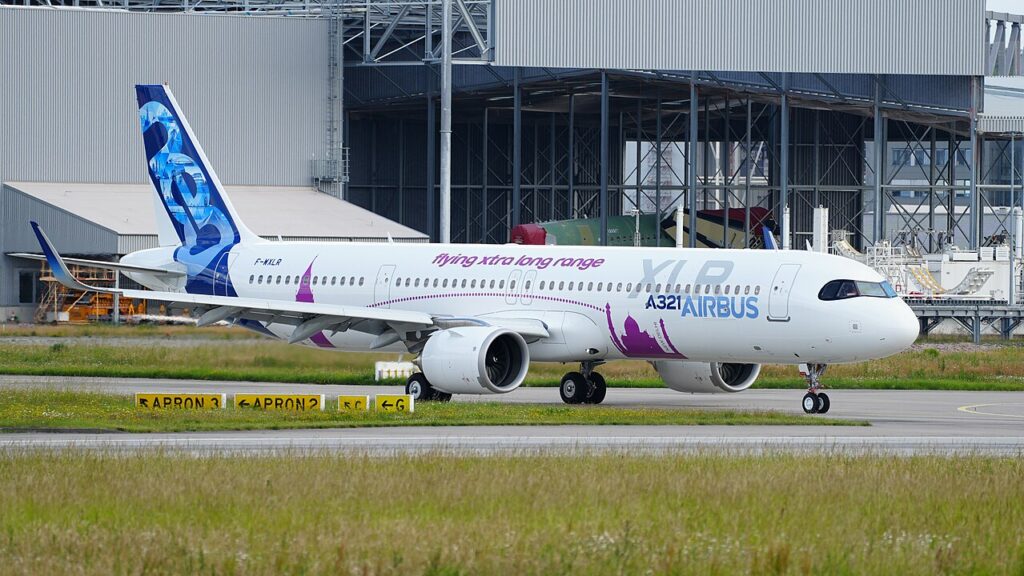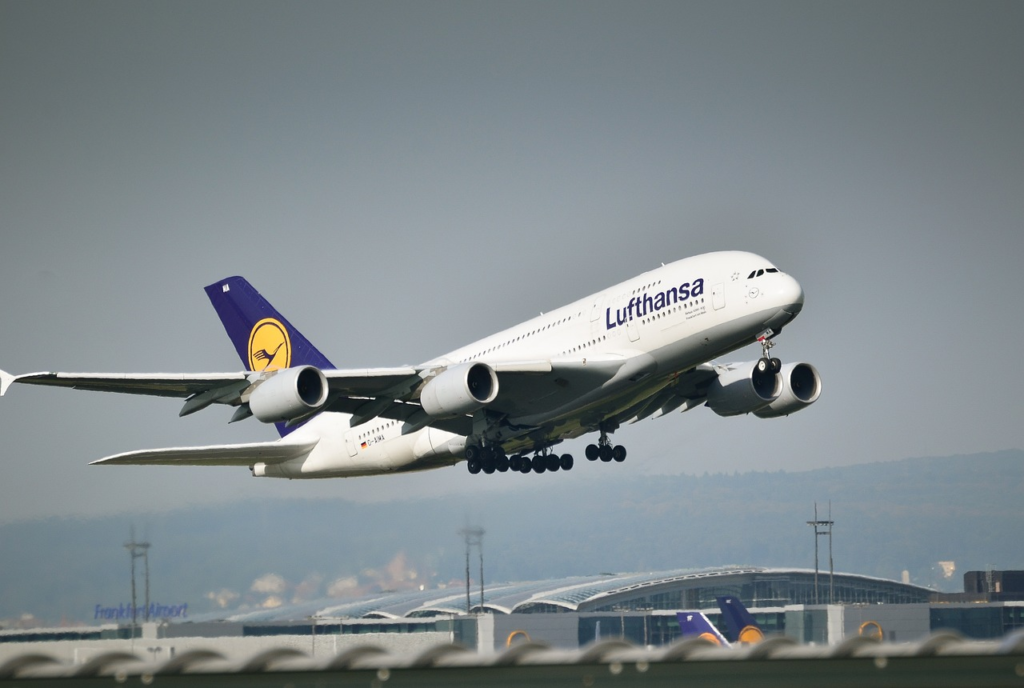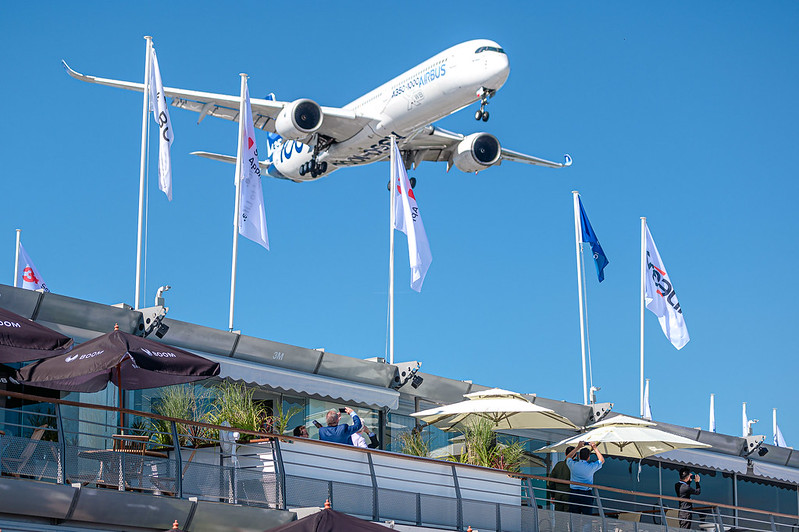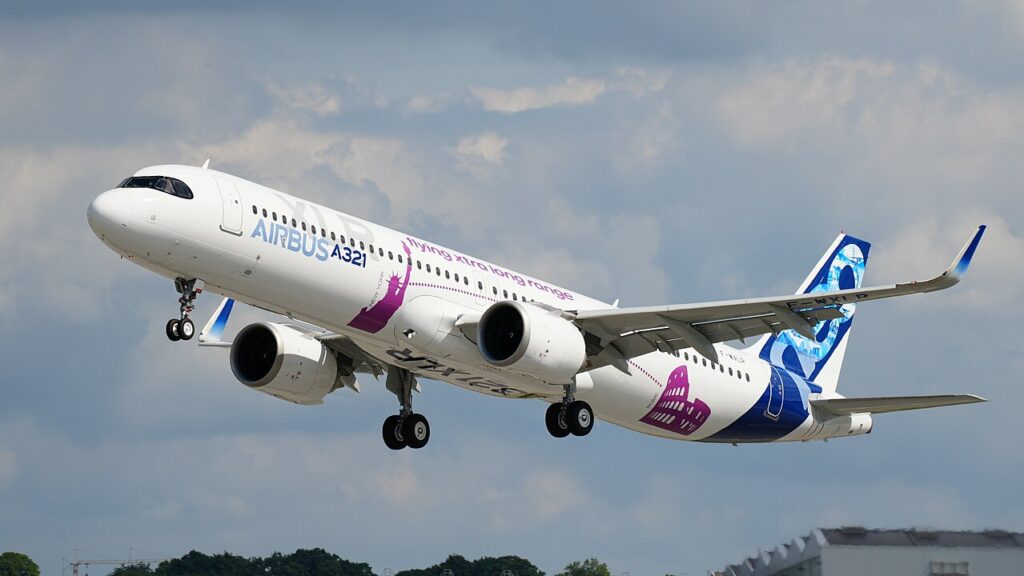PARIS- Airbus has adjusted its timeline for the entry into service of the highly anticipated Airbus A321XLR, moving it from late 2023 to early 2024.
The delay is attributed to the ongoing process of closing the type certification for the new A320 variant, according to Airbus CEO Guillaume Faury. Airbus has extensively discussed this matter with the European Union Aviation Safety Agency (EASA).

Photo: By MarcelX42 – Own work, CC BY-SA 4.0, https://commons.wikimedia.org/w/index.php?curid=119364350
Airbus A321XLR Entry Update
Faury acknowledged the frustration caused by the delay, particularly for customers. But he emphasized the challenges posed by the COVID-19 pandemic.
He expressed pride in Airbus’s ability to navigate these obstacles and maintain progress. The focus remains on the flight test campaign and certification process. The company reiterates its commitment to delivering customers the promised performance and specifications.
The Airbus A321XLR is projected to offer an impressive 4,700 nm range with a maximum takeoff weight of 101 tonnes (222,200 pounds).
This capability is made possible by the installation of a permanent rear-center fuel tank, accommodating 12,900 liters of fuel, along with an optional forward-center tank. The aircraft’s seating capacity can reach up to 244 passengers in a single-class configuration.
Four A321XLRs have been allocated for the flight test program. Subsequently, the maiden test flight is conducted on June 15, 2022, using an aircraft powered by CFM International Leap-1A engines.
The next phase will involve a test aircraft equipped with Pratt & Whitney PW1100G-JM engines. Subsequently, it made its third inaugural flight in the third quarter of 2022.
Airbus has already secured over 500 orders for the A321XLR from 20 different customers. Subsequently highlighting the strong demand for this long-range narrowbody aircraft.

Future of Very Large Widebody Aircraft
Addressing the potential development of a new, very large widebody aircraft to replace the A380, Faury expressed skepticism due to high fuel costs and the industry’s emphasis on efficiency.
While recognizing the desire for large-capacity planes, he stressed the importance of fuel-efficient aircraft post-COVID.
Faury highlighted the A350-1000 as a twin-engine aircraft offering optimal efficiency for long-distance flights.
He did, however, leave the door open for future technological advancements that could pave the way for new, large-capacity aircraft.

European Union’s Decarbonization Efforts and Expansion
Airbus remains committed to supporting the European Union’s decarbonization efforts. Further emphasizing its long-standing focus on environmental sustainability.
However, CEO Guillaume Faury expressed concerns regarding the recent expansion of the European Union Emissions Trading Scheme (EU ETS) by the European Parliament.
Faury criticized the decision, stating that it could disrupt the International Civil Aviation Organization’s Carbon Offsetting and Reduction Scheme for International Aviation (CORSIA) and lead to conflicts in the industry. He stressed the need for a global solution to address carbon emissions.
The International Air Transport Association (IATA) also raised objections to the expansion of the EU ETS, with regional vice president for Europe, Rafael Schvartzman, criticizing the EU’s approach.
Schvartzman urged the EU to support and promote CORSIA. Further emphasizing the importance of global cooperation and effectiveness in addressing carbon emissions. He highlighted the need for more states to join CORSIA and work towards its success.
Stay tuned with us. Further, follow us on social media for the latest updates.
Join us on Telegram Group for the Latest Aviation Updates. Subsequently, follow us on Google News.

